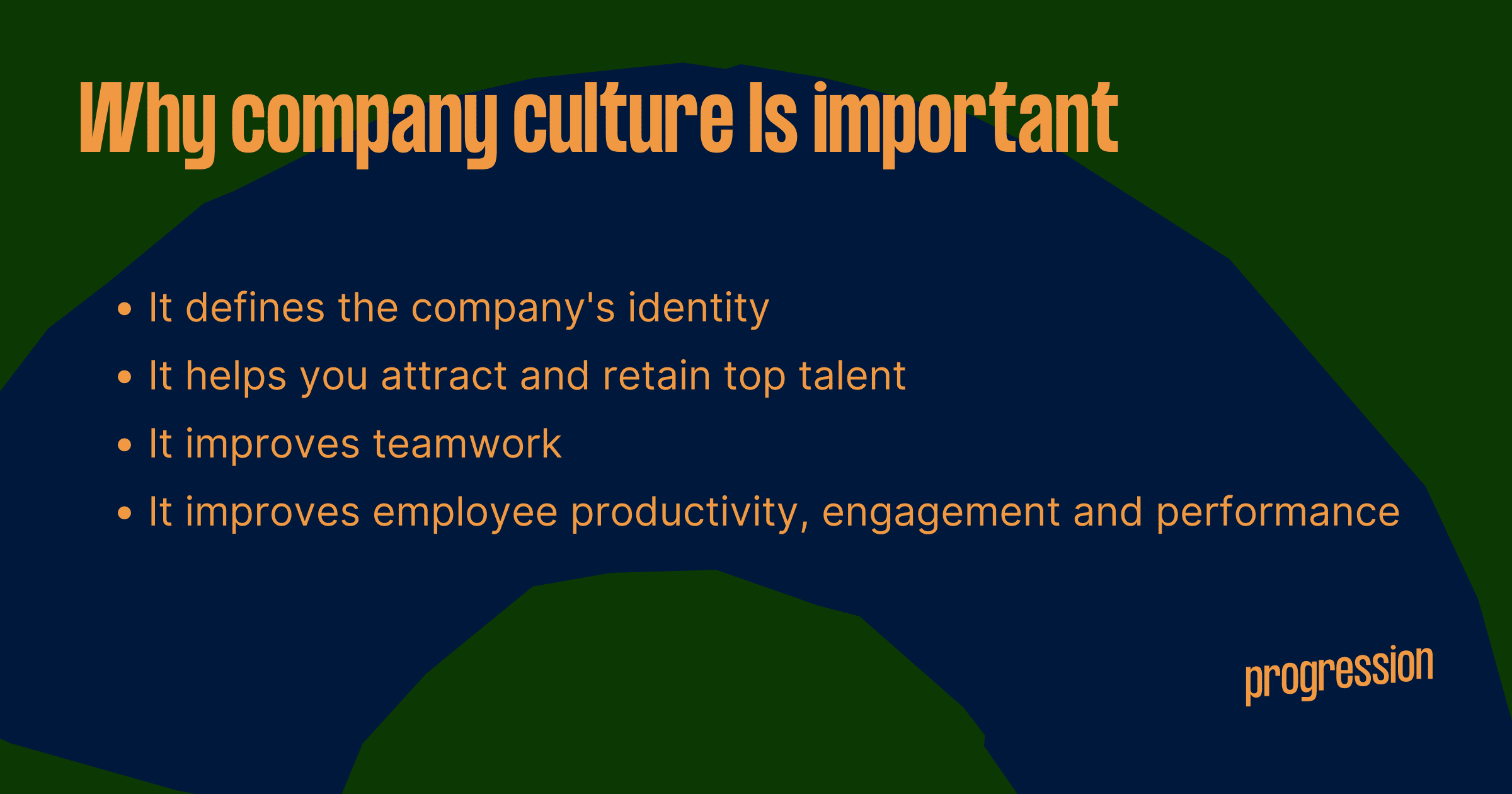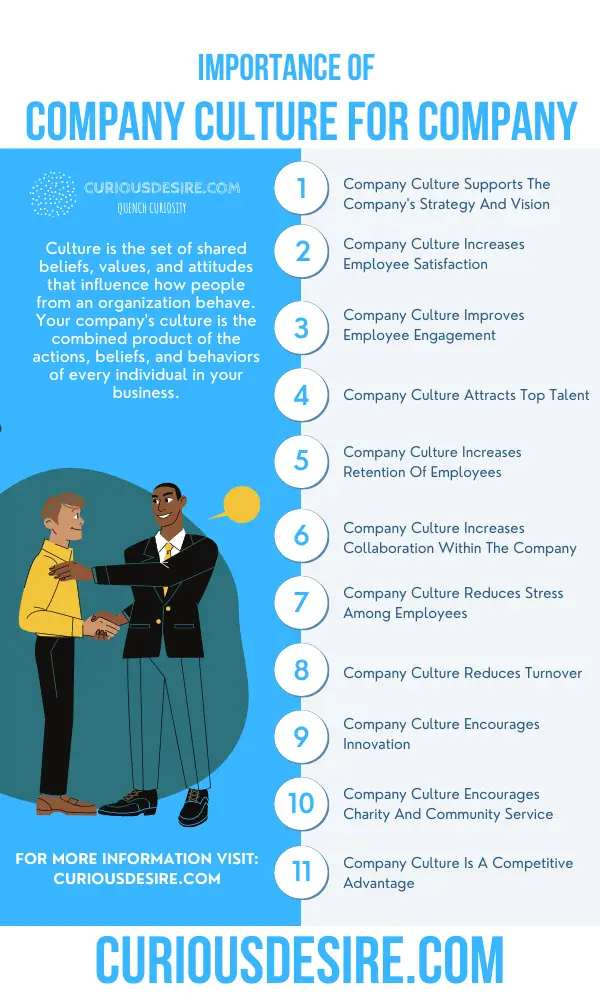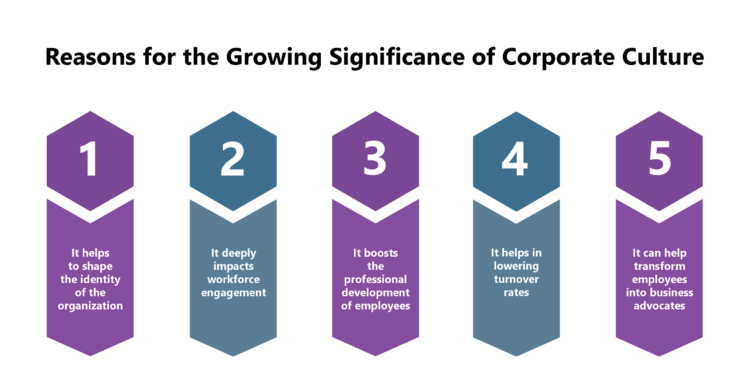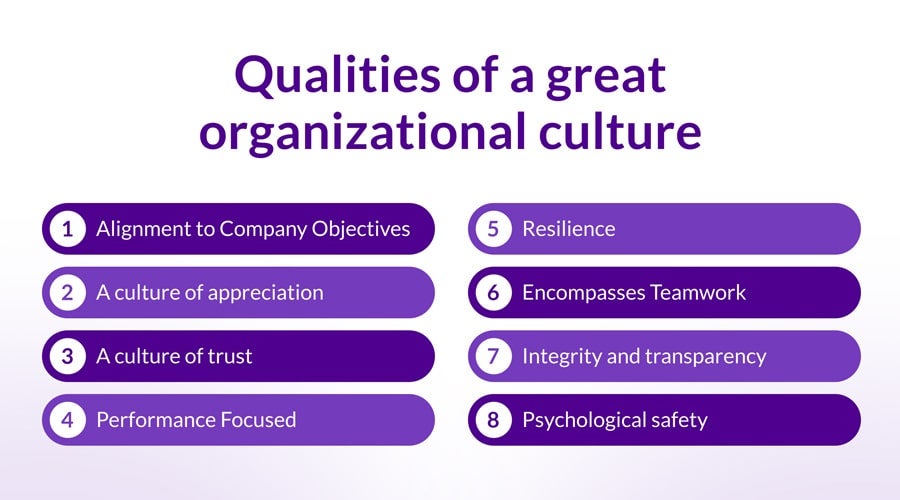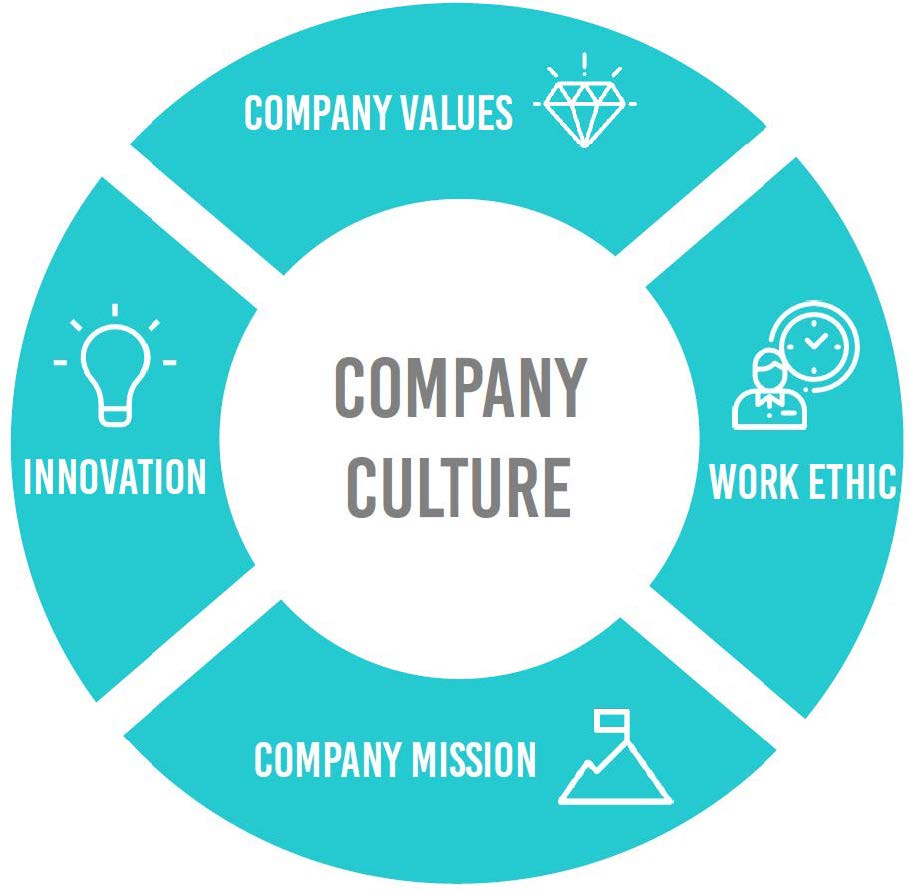What Is Company Culture And Why Is It Important

In today's competitive business landscape, the term "company culture" is frequently invoked, yet its true meaning and significance are often misunderstood. Is it merely a buzzword, or does it represent a critical factor in organizational success? Understanding the nuances of company culture is increasingly essential for both employers and employees.
This article delves into the definition of company culture, its importance, and how it impacts various aspects of an organization, from employee satisfaction to overall performance. The aim is to provide a comprehensive overview based on research and expert opinions.
Defining Company Culture
Company culture, at its core, is the shared values, beliefs, attitudes, and behaviors that characterize an organization. It encompasses the way employees interact, the organization's approach to decision-making, and its commitment to its mission and goals.
According to Society for Human Resource Management (SHRM), culture includes an organization's expectations, experiences, philosophy, as well as the values that guide member behavior, and is expressed in member self-image, inner workings, interactions with the outside world, and future expectations. Effectively, it is the personality of a company.
Simply put, it’s "how things get done around here."
The Importance of a Strong Company Culture
A positive and well-defined company culture can be a powerful asset. Studies consistently show a correlation between strong company culture and improved business outcomes.
Employee engagement is one of the most significant benefits. Employees who feel aligned with the company's values are more likely to be engaged, motivated, and committed to their work.
Gallup's research consistently finds that engaged employees are more productive, have higher customer satisfaction scores, and are less likely to leave the organization.
Attracting and Retaining Talent
In a competitive job market, company culture plays a crucial role in attracting and retaining top talent. Candidates are increasingly evaluating potential employers based on their values and work environment, not just salary and benefits.
A strong culture can differentiate a company from its competitors and make it a more desirable place to work. Glassdoor, for example, allows employees to anonymously rate their company culture, providing valuable insights for job seekers.
Companies with positive reputations for their culture often have lower turnover rates, saving them significant costs associated with recruitment and training.
Impact on Performance and Innovation
A culture that encourages collaboration, open communication, and innovation can significantly boost a company's performance. When employees feel comfortable sharing ideas and taking risks, creativity flourishes.
Companies like Google and Apple, known for their innovative cultures, demonstrate the power of fostering an environment where employees are empowered to experiment and challenge the status quo.
Furthermore, a strong culture can improve efficiency and productivity by streamlining processes and promoting teamwork.
Building and Maintaining a Positive Culture
Creating a positive company culture requires a deliberate and ongoing effort. It starts with clearly defining the organization's values and ensuring that these values are reflected in all aspects of the business.
Leadership plays a crucial role in setting the tone and modeling the desired behaviors. Leaders must be authentic, transparent, and committed to living the company's values.
Regular communication, feedback, and recognition are essential for reinforcing the culture. Companies can use various tools and initiatives, such as employee surveys, team-building activities, and performance reviews, to monitor and improve their culture.
The Potential Impact on Society
Company culture's influence extends beyond the workplace, impacting society at large. Organizations with strong ethical cultures are more likely to engage in responsible business practices and contribute to the well-being of their communities.
Conversely, toxic cultures can lead to unethical behavior, discrimination, and other negative consequences. Therefore, fostering positive company cultures is not only beneficial for businesses but also for society as a whole.
In conclusion, company culture is a critical component of organizational success. It influences employee engagement, talent acquisition, performance, and even societal impact. By understanding and prioritizing company culture, organizations can create a more positive, productive, and sustainable future.
